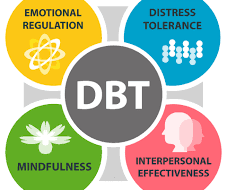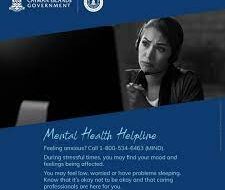
Dealing with Difficult Personalities During the Holidays
Ahh, the holidays. Christmas trees, Santa, Reindeer, the Three Wise Men, Snowmen, etc….
This time of year is supposed to be one of happiness, family, and festivity. However, it can also be one of sadness, loneliness, and depression. The holidays can be extremely difficult for a number of reasons. For the next few weeks, we will be highlighting some helpful tips for getting through this season of cheer.
This week, we will be focusing on dealing with difficult personalities. What can you do when you are forced into seeing a partygoer you do not want to see? The holidays are a time of togetherness, with parties and get-togethers galore. However, this often means that you will be interacting with people you may not normally have to endure. Whether it be the spouse you divorced, your Grandma Sally who has vastly different political and social views, or that cousin that you cannot stand, it can be difficult to sit across the table from someone you do not particularly like. So what can you do? Experts recommend the following:
- Be prepared. Remember that you cannot control other people’s behaviors, but you can control your own. Ensure you have a plan in the event that you become upset. Can you take an extra-long bathroom break? Is there a bedroom you can go into to take a breather? Perhaps you can carry a stress ball in your handbag? Do some deep breathing or meditation before dinner? The key is to plan ahead with adaptive solutions before becoming upset in the moment.
- Do not expect the worst. By expecting the worst, you may enter the day with a negative attitude, making the day appear worse than it actually is. Try to think positive. Also, try to appear positive. Often, I tell clients that the act of smiling actually tricks your brain into thinking you are happy, and may make you feel more positive.
- Have a buddy. Find a family member or friend attending your event who can help you to remain calm. Make a game plan so that this person can help you to change the subject if conversations get tense, or tell you to take a break outside if they see you becoming upset. This person can also serve as a good distraction!
- Be grateful. Again, positive thinking is important. It is the crux of Cognitive Behavioral Therapy, which is a therapy technique often implemented at OnCourse. Research has shown that gratitude leads to better physical and emotional health.
Hopefully, some of these tips and suggestions can help you to have a more positive holiday season! If not, please seek additional support from family members, friends, a pastor, or psychologists like myself and Dr. Bodden. OnCourse Cayman would like to wish you a very happy, safe, positive holiday season!!




